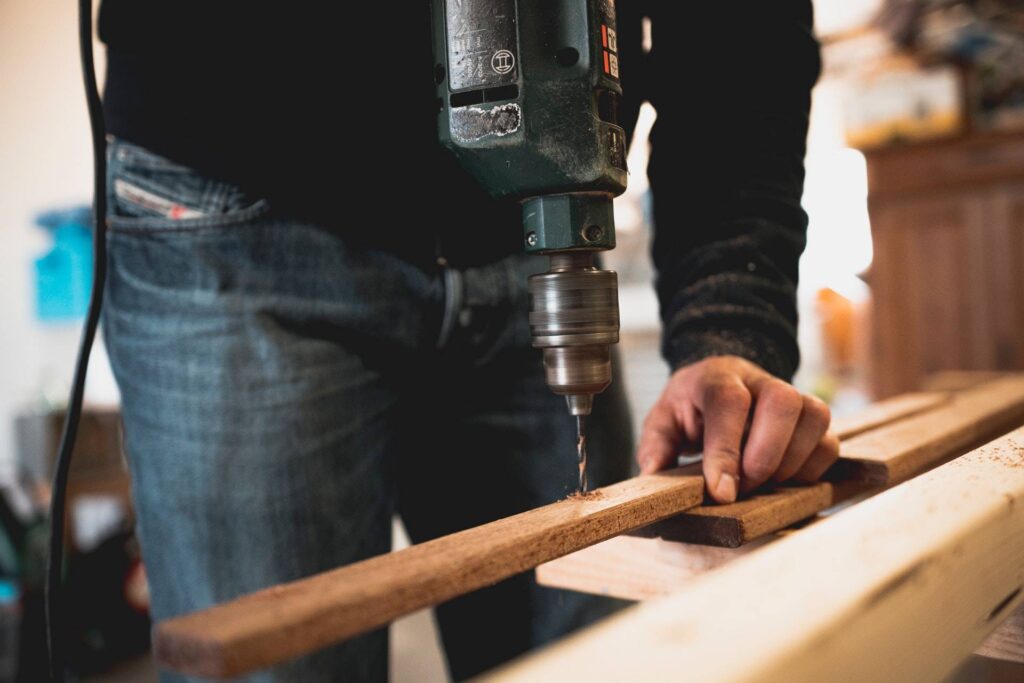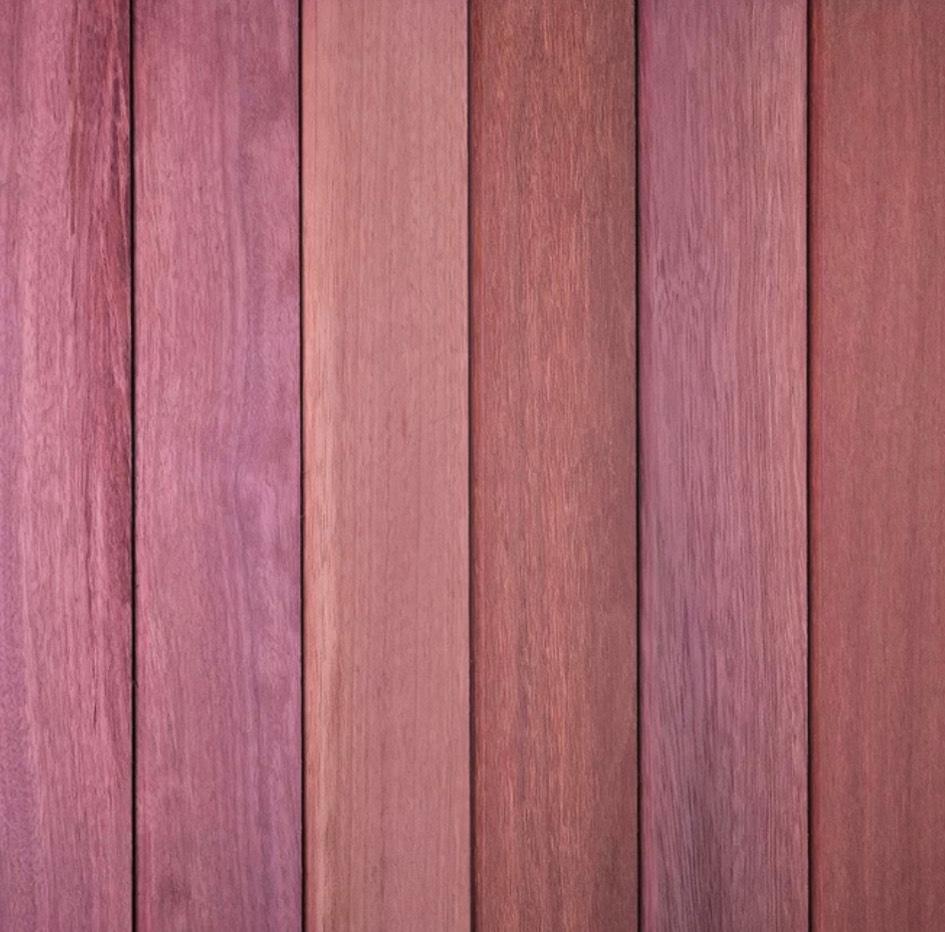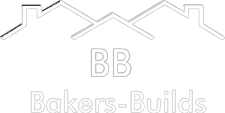Welcome to the ultimate guide to types of decking in NZ. When it comes to designing your outdoor space, decking is a popular option for many New Zealand homeowners. Not only does it create a seamless indoor-outdoor flow, but it can also add value to your property. However, with so many decking materials available in the market, it can be challenging to know which one to choose. In this guide, we’ll explore the different types of decking materials available in New Zealand, their pros and cons, and maintenance requirements.
I. Introduction
Decking is an excellent way to enhance your outdoor space, but choosing the right type of material is crucial. It can make a significant difference in the durability, look, and feel of your deck. In New Zealand, the most common types of decking materials are timber, composite, PVC, kwila and concrete. However, there are specific species of timber decking that are popular in the country, such as Kwila and Garapa. Let’s explore each type of decking material in detail.
II. Timber Decking
Timber decking is a classic choice for decking in New Zealand. It offers natural warmth and beauty that no other material can match. The two most common types of timber decking are treated pine and hardwoods.
a. Treated Pine Decking
Treated pine decking is a cost-effective option for those on a budget. It’s a softwood that has been chemically treated to protect it from decay and insects. Treated pine decking comes in a range of grades, with H3 and H4 being the most common. H3 is suitable for use in above-ground decking, while H4 is treated to withstand ground contact.
Advantages of Treated Pine Decking:
- Cost-effective: Treated pine decking is cheaper than hardwoods and some composite decking materials, making it a popular choice for those on a budget.
- Easy to work with: Treated pine is easy to cut, drill, and fasten, making it a convenient option for DIY enthusiasts.
- Available in a range of grades: Treated pine decking is available in different grades, so you can choose the one that suits your needs and budget.
- Treated to protect against decay and insects: Treated pine is treated with preservatives to protect it from decay and insects, making it more durable than untreated timber.
Disadvantages of Treated Pine Decking:
- Prone to splitting and warping: Treated pine decking is prone to splitting and warping over time, especially if it’s not maintained properly.
- Requires regular maintenance: Treated pine decking requires regular cleaning, staining, and sealing to maintain its appearance and protect it from the elements.
- Not as durable as hardwoods: Treated pine decking is not as durable as hardwoods and may need to be replaced sooner, especially in areas with high foot traffic or exposure to the elements.
b. Hardwood Decking
Hardwood decking is a premium option that offers natural beauty, durability, and strength. The two most common species of hardwood decking in New Zealand are Kwila and Garapa.
i. Kwila Decking
Kwila, also known as Merbau, is a popular hardwood decking species in New Zealand. It’s a dense, durable hardwood that is naturally resistant to decay and insects. Kwila decking is known for its rich, reddish-brown color that weathers to a silvery-grey over time. It’s a premium option that requires regular maintenance, but it’s worth it for its natural beauty and longevity.
Advantages of Kwila Decking:
- Durable and long-lasting: Kwila decking is one of the most durable decking materials available in New Zealand, and can last for up to 25 years with proper maintenance.
- Naturally resistant to decay and insects: Kwila is naturally resistant to decay and insects, making it ideal for outdoor use in New Zealand’s humid climate.
- Beautiful color that weathers over time: Kwila decking starts with a rich, reddish-brown color that weathers over time to a silvery-grey, giving it a unique and attractive appearance.
- Adds value to your property: Kwila decking is a premium option that can add value to your home and increase its resale value.
Disadvantages of Kwila Decking:
- Expensive: Kwila decking is more expensive than treated pine and some composite decking materials, making it a less accessible option for those on a tight budget.
- Requires regular maintenance, including oiling and staining: Kwila decking requires regular oiling and staining to maintain its natural color and protect it from the elements.
- May be subject to regulations: Kwila decking is sometimes subject to import regulations due to concerns over sustainability and environmental impact, which can impact availability and pricing.
ii. Garapa Decking
Garapa is another hardwood decking species that is gaining popularity in New Zealand. It’s a dense, durable hardwood that is similar in appearance to Kwila but has a lighter color. Garapa decking is known for its straight grain and resistance to decay and insects. It requires regular maintenance to maintain its natural beauty.
Advantages of Garapa Decking:
- Durable and long-lasting: Garapa decking is also a highly durable option, with a lifespan of up to 25 years with proper maintenance.
- Resistant to decay and insects: Garapa is naturally resistant to decay and insects, making it an ideal option for outdoor use.
- Light color that weathers over time: Garapa decking starts with a light yellow color that weathers over time to a silver-grey, giving it a unique and attractive appearance.
- Adds value to your property: Garapa decking is a premium option that can add value to your home and increase its resale value.
Disadvantages of Garapa Decking:
- Expensive: Garapa decking is also more expensive than treated pine and some composite decking materials.
- Requires regular maintenance, including oiling and staining: Garapa decking requires regular oiling and staining to maintain its natural color and protect it from the elements.
- May be subject to regulations: Garapa decking may also be subject to import regulations due to concerns over sustainability and environmental impact.
VII. Purple Heart Decking
Purple Heart Decking is an exotic hardwood that is gaining popularity as a decking material in New Zealand. It’s known for its rich, deep purple color that can add a striking and unique look to any outdoor space. Purple Heart decking is a premium option that offers natural durability and resistance to decay, insects, and rot.
Advantages of Purple Heart Decking:
- Unique and striking appearance: Purple Heart decking has a distinct, rich purple color that can add a unique and eye-catching look to any outdoor space.
- Durable and long-lasting: Purple Heart is a dense hardwood that is highly resistant to decay, insects, and rot, making it a long-lasting option for decking.
- Low maintenance: Purple Heart decking requires little maintenance beyond regular cleaning to keep it looking its best.
- Adds value to your property: Purple Heart decking is a premium option that can add value to your home and increase its resale value.
Disadvantages of Purple Heart Decking:
- Expensive: Purple Heart decking is one of the most expensive hardwood decking options available in New Zealand.
- Hard to work with: Purple Heart is a dense hardwood that can be challenging to work with, which can increase labor costs.
- May require specialized tools: Due to its density, Purple Heart decking may require specialized tools to cut and install.
- May require regulation: Purple Heart decking may be subject to import regulations, as it’s an exotic hardwood species.
If you’re considering Purple Heart decking, it’s essential to work with a professional to ensure that it’s installed correctly and maintained properly. Regular cleaning and oiling can help preserve its natural color and protect it from the elements.
III. Composite Decking
Composite decking is a popular option for those who want the look of natural timber without the maintenance requirements. It’s made from a combination of wood fibers and plastic, which creates a durable and low-maintenance decking material.
Advantages of Composite Decking:
- Low maintenance: Composite decking requires little maintenance beyond regular cleaning to keep it looking its best.
- Resistant to decay, insects, and moisture: Composite decking is highly resistant to decay, insects, and moisture, making it a low-maintenance and long-lasting option.
- Available in a range of colors and finishes: Composite decking comes in a variety of colors and finishes, so you can find a style that matches your home’s aesthetic.
- Environmentally friendly, as it’s made from recycled materials: Composite decking is an eco-friendly option, as it’s made from recycled materials.
Disadvantages of Composite Decking:
- More expensive than timber decking: Composite decking is more expensive than treated pine and hardwood decking, making it a less accessible option for those on a tight budget.
- Can be prone to staining or fading over time: Composite decking may be prone to staining or fading over time, especially if it’s exposed to the elements.
- Not as natural-looking as timber decking: While composite decking can mimic the look of natural timber, it may not have the same natural warmth and character as real timber.
Popular brands of composite decking available in New Zealand include Trex, Modwood, and Futurewood.
IV. PVC Decking
PVC decking is a newer option in the New Zealand market that offers a range of benefits. It’s made from 100% plastic and is highly resistant to moisture, insects, and decay. PVC decking is available in a range of colors and textures, so you can choose a design that complements your home’s aesthetic.
Advantages of PVC Decking:
- Low maintenance: PVC decking requires little maintenance beyond regular cleaning to keep it looking its best.
- Highly resistant to moisture, insects, and decay: PVC decking is extremely durable and can withstand harsh weather conditions without deteriorating.
- Available in a range of colors and textures: PVC decking comes in a variety of colors and textures, so you can find a style that matches your home’s aesthetic.
- Environmentally friendly, as it’s made from recycled materials: PVC decking is also an eco-friendly option, as it’s made from recycled materials.
Disadvantages of PVC Decking:
- More expensive than timber decking: PVC decking is more expensive than treated pine and hardwood decking, making it a less accessible option for those on a tight budget.
- Can be prone to staining or fading over time: PVC decking may be prone to staining or fading over time, especially if it’s exposed to the elements.
- Not as natural-looking as timber decking: While PVC decking can mimic the look of natural timber, it may not have the same natural warmth and character as real timber.
Popular brands of PVC decking available in New Zealand include TimberTech, Azek, and Clubhouse.
V. Concrete Decking
Concrete decking is a durable option that requires minimal maintenance. It’s poured on-site and can be customized to suit your design preferences. Concrete decking is a popular choice for modern homes or those with a minimalist aesthetic.
Advantages of Concrete Decking:
- Durable and long-lasting: Concrete decking is extremely durable and can last for decades without needing to be replaced.
- Requires minimal maintenance: Concrete decking requires minimal maintenance beyond regular cleaning to keep it looking its best.
- Can be customized to suit your design preferences: Concrete decking can be poured in any shape or size, making it a versatile option for outdoor spaces.
Disadvantages of Concrete Decking:
- Can be expensive to install: Concrete decking can be more expensive to install than other decking options, as it requires specialized equipment and labor.
- Not as natural-looking as timber decking: Concrete decking may not have the same natural warmth and character as timber decking, making it less suitable for traditional or classic homes.
- Limited design options: While concrete decking can be customized, it may be limited in terms of design options compared to other decking materials.
Tips for maintaining your concrete decking include regular cleaning and sealing to prevent staining and protect against wear and tear.
VI. Frequenty Asked Questions
Treated pine is the most cost-effective decking material in New Zealand, making it a popular choice for those on a tight budget.
Composite decking and PVC decking require the least amount of maintenance, as they are highly resistant to decay, insects, and moisture.
Yes, hardwood decking can be stained or painted to change its appearance or protect it from the elements. However, it’s important to choose a product that is specifically designed for use on hardwood decking.
Hardwood decking should be oiled at least once a year to maintain its natural color and protect it from the elements. However, the frequency of oiling may vary depending on the amount of sun exposure and foot traffic your deck receives.
Yes, exotic hardwood decking may be subject to import regulations due to concerns over sustainability and environmental impact. It’s essential to check with your supplier to ensure that the decking is ethically sourced and meets all regulations.
VII. Conclusion
Choosing the right type of decking material for your home can be a daunting task. Each material has its own advantages and disadvantages, so it’s important to consider your budget, design preferences, and maintenance requirements when making your decision. In New Zealand, the most common types of decking materials are timber, composite, PVC, and concrete, with Kwila and Garapa being the most popular hardwood decking species. Ultimately, the right choice will depend on your specific needs and preferences. Consider all your options carefully and consult with a professional before making your final decision to ensure you get the best possible results for your home.
If you’re looking to get a deck built or repaired, talk to our Auckland deck builders today!



